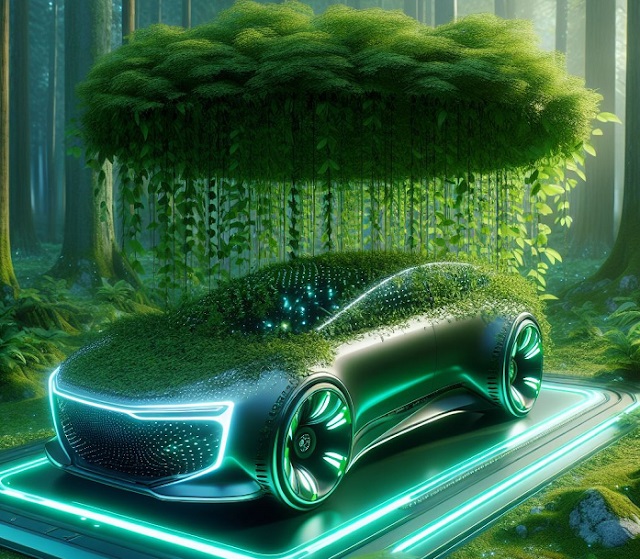Could cars exist without intelligent design?
In the modern day, people have grown accustomed to believing that all organic biological creations and creatures were made as a result of a godless collision of atoms, occurring for billions of years before coagulating into working functional organic phenomena such as plants, insects and animals.
When asked how Nature's dynamic continuity, as part of an overarching grandiose uniformity (including Natural Laws), could have come about in the first place, the most common response is that it all began with a theoretical but widely accepted "Big Bang".
Having brought atoms into existence as part of a "singularity", those atoms then collided for billions of years to create a fabulous array of elements that eventually, after more billions of years, resulted in a phenomenon called 'abiogenesis': the origin of organic life from inorganic elements.
Then, as a result of random chance events and evolution, including mutations and natural selection, all biological/organic life forms eventually appeared -- all without the need for divinity, intelligent design or God.
In other words, people believe randomness without a cause can make dynamically consistent patterns perpetually over time.
To be constructed
Let's see what this notion sounds like when applied to something we all know is made as a result of intelligent design: cars.As you read this hypothetical conception, keep in mind that this is exactly the style of conceptualisation and reasoning currently being wielded by scientists and, by extension, the mass public when they conceive of human origins.
The above explanation of how cars are made is clearly comic and sarcastic. Still, the point stands: the consensus-friendly, scientifically-approved explanation for how organic life is formed remains sloppy, drastically incomplete and, importantly, removes the need for a designer.
When pressed, these individuals tend to settle on the idea that everything occurred spontaneously, without intention and without intelligence of any kind. A rather irrational notion they would struggle to accept if applied to cars.
This comes across as rather ironic and inconsistent, considering how much more complex natural organic life is compared to artificial constructs.
Written by George Tchetvertakov


